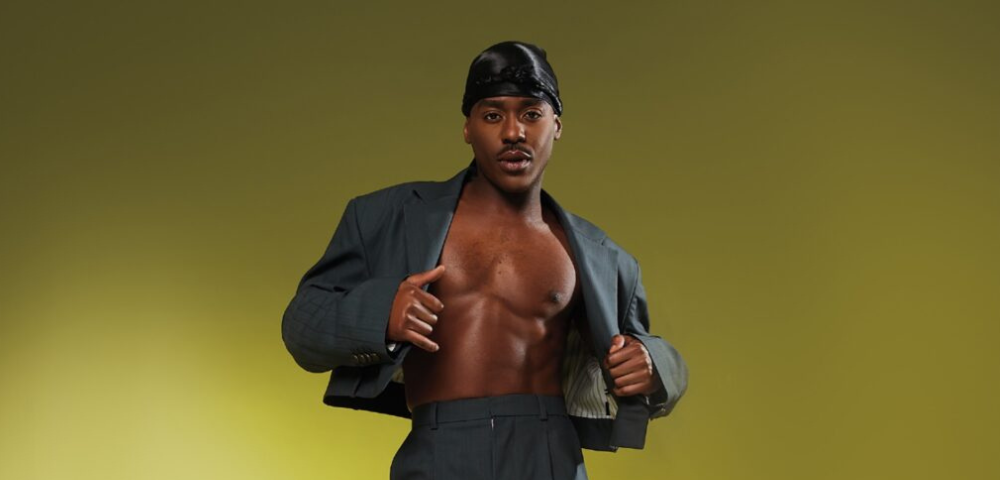
Sins of the Wagner
by Benedict Brook
In modern-day Darlinghurst the best known Wagner is probably Vanessa. But go back 150 years and it’s Richard, one of the 19th century’s most famous composers, who takes the bragging rights.
Think of any old war movie, where a plucky Spitfire pilot takes aim for an evil Nazi Messerschmitt, and there in the background is that familiar tune — dee dumm dee-dee dumm dumm. That’s Wagner.
This is ironic because Hitler was one of Wagner’s biggest fans, and the composer himself was a self-confessed anti-Semite. This contradiction is explored by all-round wit and raconteur Stephen Fry in his new film Wagner & Me.
Through this feature-length documentary Fry, star of ABC1 panel show QI, traces Wagner’s rise, fall and meteoric rise through European society.
But, what he really wants to know is if it’s OK for a gay Jewish man to cherish the works of such a controversial figure.
“I need to be sure I’m doing the right thing,” he ponders.
As you would expect from the BBC, the backdrop is sumptuous with Fry moving effortlessly from soaring Swiss mountains to bucolic Teutonic villages.
Fry wanders around backstage at the opera caressing the corsets of the valkyries and leafing through original manuscripts with all the awestruck excitement of a newly out 18-year-old left alone in Lady Gaga’s walk-in wardrobe.
But it’s a testament to Fry’s humour that he can take us deep into the dense detail of Wagner’s work and still keep the film enjoyable, as when he tells us about the soaring, urgent crescendo during the opera of tragic lovers, Tristan and Isolde, that is rudely brought to a halt as two others burst onto the stage.
“Coitus interreruptus,” he reveals.
But as Fry sits on the crumbling stone steps of the site of the infamous Nuremberg rallies other emotions take over. It was here that Hitler, to the strains of Wagner, would address hundreds of thousands of men and women, men and women who who would later have no qualms about gassing Fry’s forebears. Unsurprisingly, he cannot bring himself to stand in the same spot.
At times, however, it seems Fry is a bit too desperate to have his love of Wagner validated. When Russian conductor Valery Gergiev says,
“[Wagner’s music] shouldn’t be associated with the Nazis,” Fry actually talks over him in his eagerness to agree.
Fans of classical music and Fry alike should enjoy this rambling journey through castles and concert halls. But while, at 90 minutes, Wagner & Me is brief compared to the full 18 hours of the composer’s Ring Cycle, it does begin to sag in the middle as Fry delves into the finer details of opera house architecture and fawns over the composer’s contemporary descendants.
Towards the end Fry meets Anita Lasker-Wallfisch, a Jewish former prisoner-of-war who may only be alive today because she played cello in the Auschwitz camp band. Surely, if she can forgive Wagner’s sins, he can enjoy the music without regret.
But she turns the tables on Fry and begins interviewing him.
“I would never have the patience to sit for five hours and listen to so much noise,” she shrugs. “What happens to you?”
Somewhat taken aback, Fry stumbles, “Well, your mind goes on a journey, connecting all sorts of emotional states”.
And, to this very day, many people happily listen to the same music for five hours straight connecting all sorts of emotional states. But then they’re on Oxford St, not at the opera.









